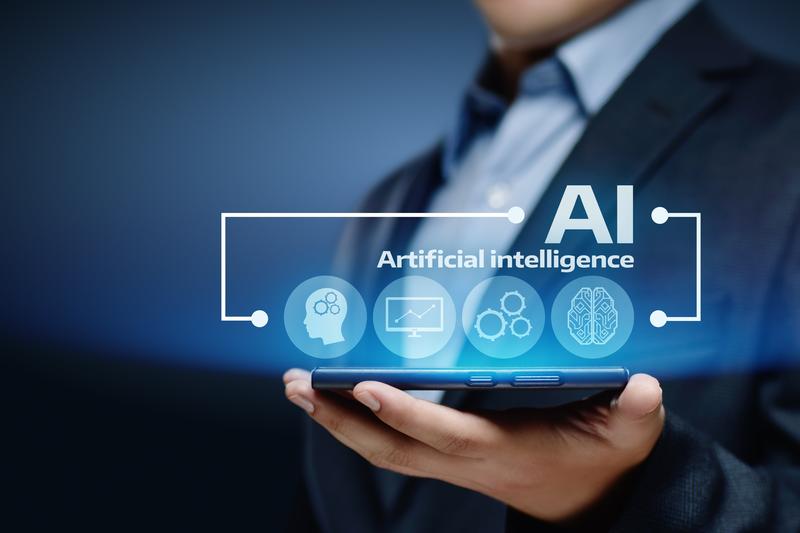The need to connect applications, systems, endpoints and users in complex, multi-organisation ecosystems is growing. This is forcing integration to become pervasive, which is a critical but complex competency that’s now foundational to enabling digital business transformation.
copyright by www.computerworld.com.au
 Application leaders responsible for integration are having to empower almost every member of their organisation to make this new reality happen. If your organisation is struggling to clear backlogs of integration projects, increase time to value and overcome resource and skills constraints, you’re not alone. Making pervasive integration capabilities adaptable, at scale and extensive, compels integration teams to seek new ways of accomplishing more with less. As the number of integration technologies continues to expand, making independently designed applications and data structures work together remains a complex challenge for enterprises.
Application leaders responsible for integration are having to empower almost every member of their organisation to make this new reality happen. If your organisation is struggling to clear backlogs of integration projects, increase time to value and overcome resource and skills constraints, you’re not alone. Making pervasive integration capabilities adaptable, at scale and extensive, compels integration teams to seek new ways of accomplishing more with less. As the number of integration technologies continues to expand, making independently designed applications and data structures work together remains a complex challenge for enterprises.
If you’re seeking simpler ways to integrate applications into the enterprise, consider introducing integration platforms armed with artificial intelligence (AI) capabilities.
AI-enabled integration
Several integration technology providers have already AI-enabled their platforms to simplify the development of integration flows, shorten the learning curve, lower skills requirements and assist in the execution of integration processes.
Some targeted, early business benefits of using AI in integration include:
- Lowering time and cost of integration by reducing usage complexity, and empowering less-technical roles to solve integration problems. For example, equipping business users to carry out integration tasks without or with minimal support from professional developers or integration specialists.
- Assisted access to a range of pre-packaged and configurable AI-infused integration artefacts for optimal alignment, as well as the deployment of application and data integration tasks through intuitive, guided designs.
- Conversational user experiences expedite efficiencies by assisting the creation of integration process or querying the operational state of the integration platform. This enables line-of-business leaders to connect systems and use independently designed applications and data structures as integrated solutions.
At this early stage, AI in integration platforms is beginning to bring together diverse, commonly required integration functionality. Some iPaaS providers – such as Dell Boomi’s Boomi Suggest, Informatica’s CLAIRE, SnapLogic’s Iris Artificial Intelligence and Workato’s Workbot – take advantage of their “integration eye in the sky” on cloud-native platforms and offer AI-enabled recommendations for integration development approaches based on collective patterns. […]
read more – copyright by www.computerworld.com.au


The need to connect applications, systems, endpoints and users in complex, multi-organisation ecosystems is growing. This is forcing integration to become pervasive, which is a critical but complex competency that’s now foundational to enabling digital business transformation.
copyright by www.computerworld.com.au
If you’re seeking simpler ways to integrate applications into the enterprise, consider introducing integration platforms armed with artificial intelligence (AI) capabilities.
AI-enabled integration
Several integration technology providers have already AI-enabled their platforms to simplify the development of integration flows, shorten the learning curve, lower skills requirements and assist in the execution of integration processes.
Some targeted, early business benefits of using AI in integration include:
At this early stage, AI in integration platforms is beginning to bring together diverse, commonly required integration functionality. Some iPaaS providers – such as Dell Boomi’s Boomi Suggest, Informatica’s CLAIRE, SnapLogic’s Iris Artificial Intelligence and Workato’s Workbot – take advantage of their “integration eye in the sky” on cloud-native platforms and offer AI-enabled recommendations for integration development approaches based on collective patterns. […]
read more – copyright by www.computerworld.com.au
Share this: